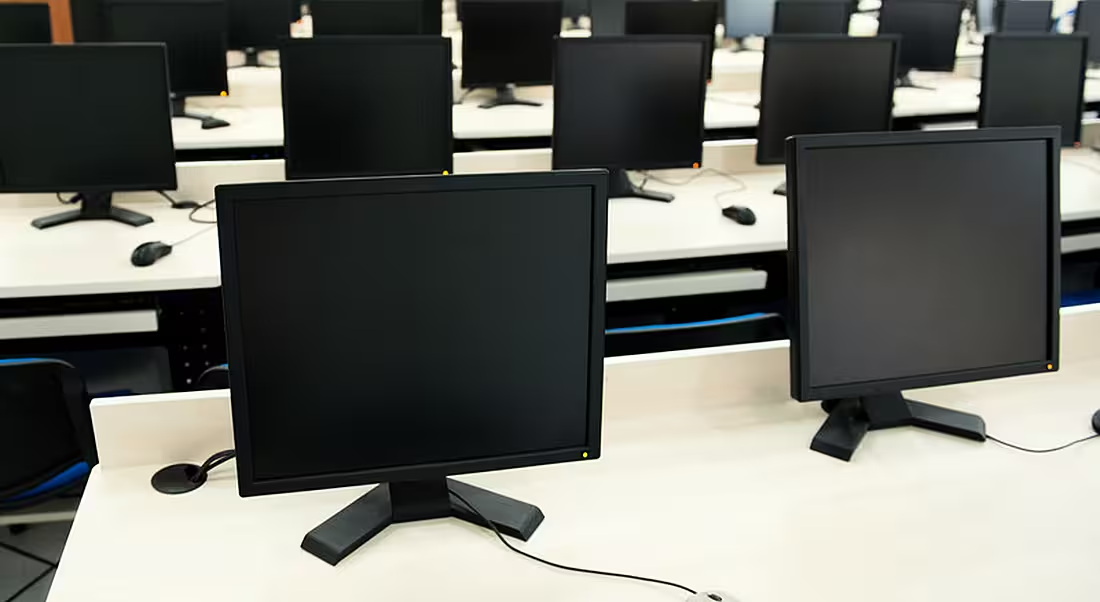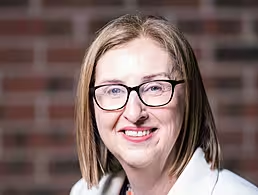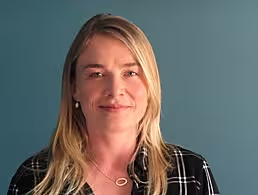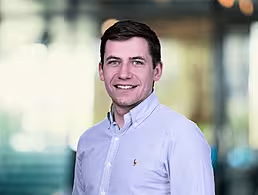A senior academic at Trinity College Dublin (TCD) has warned that fundamental reform in Ireland’s education system is needed if the digital skills gap in Irish society is to be bridged. A Google-funded programme discovered one 500-student school with only one computer for every 20 students.
Brendan Tangney, a professor of Computer Science and Statistics at TCD, warned that computer science and STEM learning in schools are being hampered by a lack of resources.
The study found some schools with virtually no internet access or Wi-Fi and very few computing resources. Some 60pc of schools had little access to the technology required to make an impact on their schools.
He said that teachers need comprehensive resources, whole school supports, training and technology available in the classrooms in order to effect change in the classroom.
‘Some schools participating in TA21 had no access to Wi-Fi or the internet and one 500-student school had just one computer for every 20 students’
– PROF BRENDAN TANGNEY, TCD
“What we have seen clearly is that, with the proper training, teachers are more confident in teaching computer science (CS) and science, technology, engineering and maths subjects to their students. 63pc of teachers who participated in Trinity Access 21 (TA21) CS workshops introduced new CS content in their classroom, but they are limited in what they can achieve under current structures,” Tangney said.
The damning state of computer science and STEM in 21st-century Irish schools
“Ireland is not unique in this regard – educational systems across the globe face the same challenges and, if we get it right, we are giving our young people a huge advantage in the digital age,” he said.
Prof Tangney was speaking at the inaugural 21st Century School of Distinction Awards, at which was launched a new report from TCD assessing the impacts achieved in the first year of the TA21 project, which was based on research involving more than 400 teachers and 800 students.
TA21 is a three-year (2014-2017) project, funded by Google through a €1.5m donation, which aims to effect change in the Irish education system by preparing teachers to teach CS and related topics through a collaborative learning model.
It also aims to increase the number of students from DEIS schools pursuing STEM and CS focused college courses and careers.
‘We really have to ask if the Government is just paying lip service when it talks about delivering broadband to every school in the country and ensuring that our young people are equipped with digital skills’
– PROF BRENDAN TANGNEY, TCD
“Over 60pc of the schools that participated in the T21 project reported having little access to the technology needed to make a real impact in their school,” Tangney said.
“Some schools participating in TA21 had no access to Wi-Fi or the internet and one 500 student school had just one computer for every 20 students.
“We really have to ask if the Government is just paying lip service when it talks about delivering broadband to every school in the country and ensuring that our young people are equipped with digital skills.”
Google urges Irish Govt to put computer science on school curriculum
Structural issues such as short class times and a pressure to teach to test and prepare students for exams were also identified by teachers as limiting their capacity to introduce their newfound CS skills.
Fionnuala Meehan managing director of EMEA SMB sales at Google, repeated her call for coding or computer science to be put on the Irish school curriculum.
‘It is shocking that there are schools today without access to the internet and Wi-Fi’
– FIONNUALA MEEHAN, GOOGLE
“At second level, CS as a standalone module must be considered if we are to make a real difference.
“It is shocking that there are schools today without access to the internet and Wi-Fi. Investing in technology is just one part of the equation, but, equally, we must train our teachers in CS using 21st-century teaching methods such as experiential, technology-mediated, team-based models of teaching and learning across the curriculum.
“Initiatives announced in this week’s Programme for Government are a step in the right direction but we need to see more joined-up thinking across the system if we are to effect real change in the classroom and then across our wider society,” she said.
“Despite these challenges, the reaction from teachers is phenomenal and we had applications from over 80 schools across 16 counties to participate in Year Two of the Trinity Access 21 project. The enthusiasm of teachers and their desire to increase their skills in CS is inspiring. Students stand to benefit hugely if technology is harnessed in the right way by trained teachers. When part of the curriculum, CS and STEM can enrich both student and teacher experiences in the classroom, as this report shows,” Meehan said.
Schools leading the way in successfully undertaking changes in challenging conditions were recognised 21st Century School of Distinction Award Showcase, where the report of the first year of the project was launched.
The five awardees were:
- Caritas College, Dublin 10
- Fingal Community College, Swords, Co. Dublin
- Mount Sion Primary School, Waterford
- Portlaoise College, Co Laois
- St Aloysius College, Athlone, Co. Westmeath.
This year’s awards also recognised four schools that demonstrate ‘Future Vison’, having set out a clear vision for educational change that they will begin to implement in autumn 2016. Those awardees were:
- Coláiste de hÍde, Tallaght, Dublin 24
- Mount Sackville, Chapelizod, Dublin 20
- St Kevin’s Community College, Dunlavin, Co Wicklow
- St Paul’s Community College, Waterford.
Computer Lab image via Shutterstock




